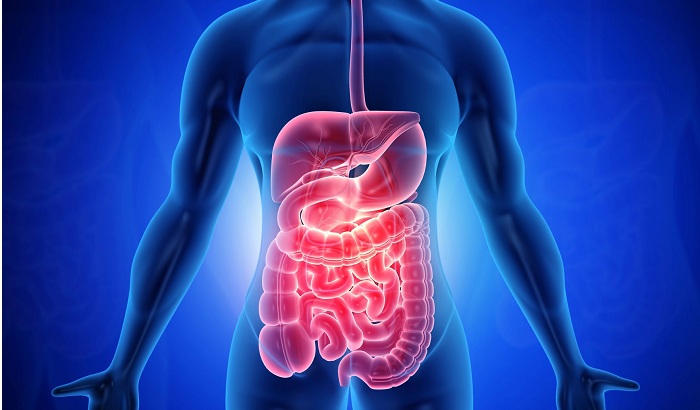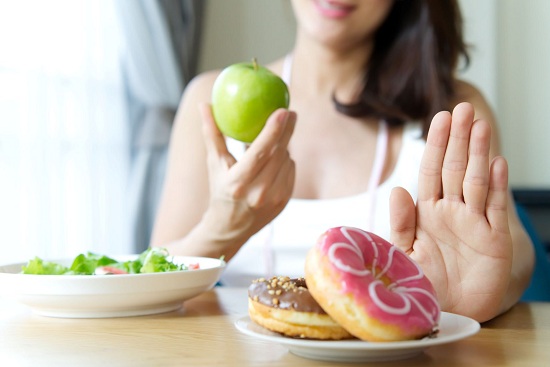Did you know that your diet can make a huge difference to the health of your colon and to your gut? What you eat can directly affect your gut health, as well as the rest of your body. So, whether you’re eating more healthy foods for the first time, trying to lose weight or maintaining your current diet, your way of eating has an important role to play.
What you put into your body–both food and beverages–will determine how your body reacts. SIBO testing helps you determine your reactions as to how healthy you really are. But what are the best foods to eat for us to maintain a healthy lifestyle and live a longer life?
The answer depends on your own body and its genetic makeup. Some people can eat almost anything and have no issues whatsoever with diseases or illnesses. Others have to be very careful about what they put into their mouths because the slightest element can make them sick.
To help you out, here some diet tips that affect your health, specifically your gut:
High Fiber
When it comes to your gut’s health, your diet plays a very big part; your colon is dependent upon your diet tremendously. Hence, in order to keep your colon happy and healthy, you need to manage your diet to be as healthy as possible. That’s why it’s recommended to eat foods that are high in fiber and low in fat.
A high-fiber diet promotes regular movement through the digestive system. It also allows the natural bacteria to break down foods before they pass through any organs and other vital pieces of the body.
When there’s a large amount of undigested food in your colon, you can experience an elevated amount of bloating and constipation, as well as other types of intestinal problems. More complications can also arise, such as allergies and acne.
Low Fat
Foods that are high in fat are hard for the digestive system to digest. So, they just sit in your stomach doing nothing. This stagnant fat can cause problems such as ulcers and other digestive issues. Additionally, foods that are high in fat may cause bacterial imbalance. This means that your body doesn’t want to digest the carbohydrates; it doesn’t want to break down any of your energy. This leads to severe complications with your gut’s health.
People who eat a lot of meat and consume plenty of alcohol often have problems because both are high in fat. The correct thing to do would be to substitute these for fruits and vegetables.
Switching to a diet that’s high in fiber and low in fat is a good rule of thumb for everyone, but it’s not always easy. Hence, if you want to be healthy, you need the commitment to this new diet plan.
Fruits and Vegetables
Foods that are high in fiber and low in fat are generally your fruits and vegetables. Thus, if you’re trying to lose weight, or you just want to better your gut health, eat more fruits and vegetables.
Fruits and vegetables are easy to digest and will give you a boost in energy. They’ll also help you feel full. Fruits and vegetables will also help to keep your digestion moving along so you’ll be able to remove all that waste from your colon faster and also help you feel less constipated. That’s why it’s recommended to complement each meal with a serving or two of fruits and/or vegetables.
Whole grains are another source of high fiber that can help with your gut health. Trading regular white bread for something that’s made with whole grains is just one way to incorporate more fiber into your system. When choosing your food, look for other substitutions such as brown rice, rye bread, or quinoa. These changes won’t only help keep your body lasting longer, but it’ll also make your gut healthy.
More Water
One way to improve your gut’s health is to drink plenty of water. Replacing more fiber in your diet can lead to constipation if your water intake is too low. Drinking plenty of fluids helps soften stools and allows easier movement of your food through the digestive system. This is important because water flushes out the toxins from your system and keep your digestive tract clean.
For your body to absorb the fiber in the foods you eat, it’s advisable to drink around eight glasses of water a day. A diet that’s high in fiber and water can also help you feel fuller for a longer period of time. So, when you eat, you have more energy throughout the day and won’t easily feel hungry all the time.
Rest and Exercise
Getting plenty of rest and exercising can also help keep your gut healthy. Although most people don’t think of this as part of a diet, it can be part of your routine to change your life.
With diet and exercise, your colon will be functioning at its best. It’s important that your body has enough rest so that your nutrients are fully used, allowing your body to properly function when it’s time to eat. You’ll also notice that you’ll be able to lose weight and feel better when you eat the right types of foods.
Colon Cleansing
If you choose, you can also help your gut become healthy with a reputable colon cleaning. There are many things on the market to help you eliminate all the waste that has built up in your colon. Research which ones would be best for you and your lifestyle.
For the best results, begin with a cleanse, then start your new diet and regimen. As always, consult a physician before beginning any program that deals with cleansing and your health.
Conclusion
Diet is directly correlated to your gut’s health. Eating the wrong foods can lead to horrible digestion problems, as well as acne and severe allergies.
To keep your gut healthy and to live a longer and happier life, start eating more foods that are high in fiber and less fat. Drink more water and get a good night’s sleep. All of these actions allow you to live a better life and keep your gut healthier for a longer period of time.



















